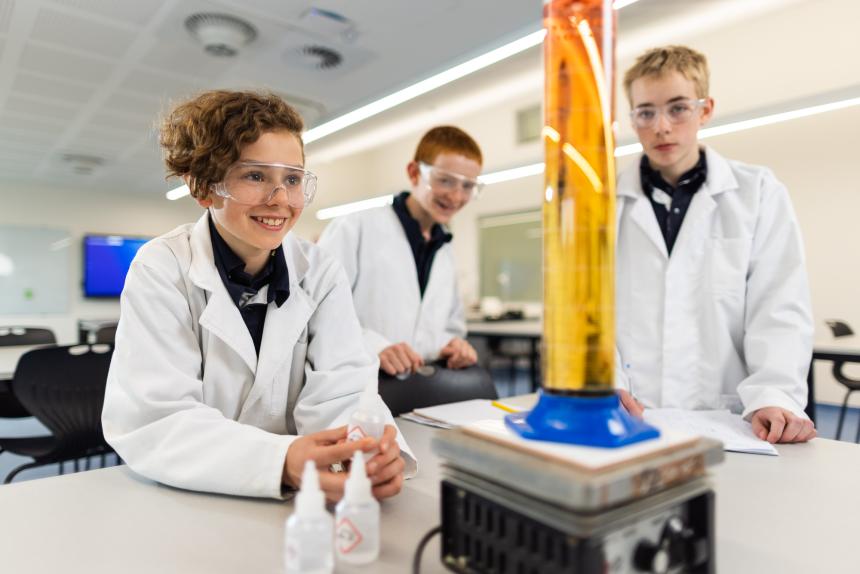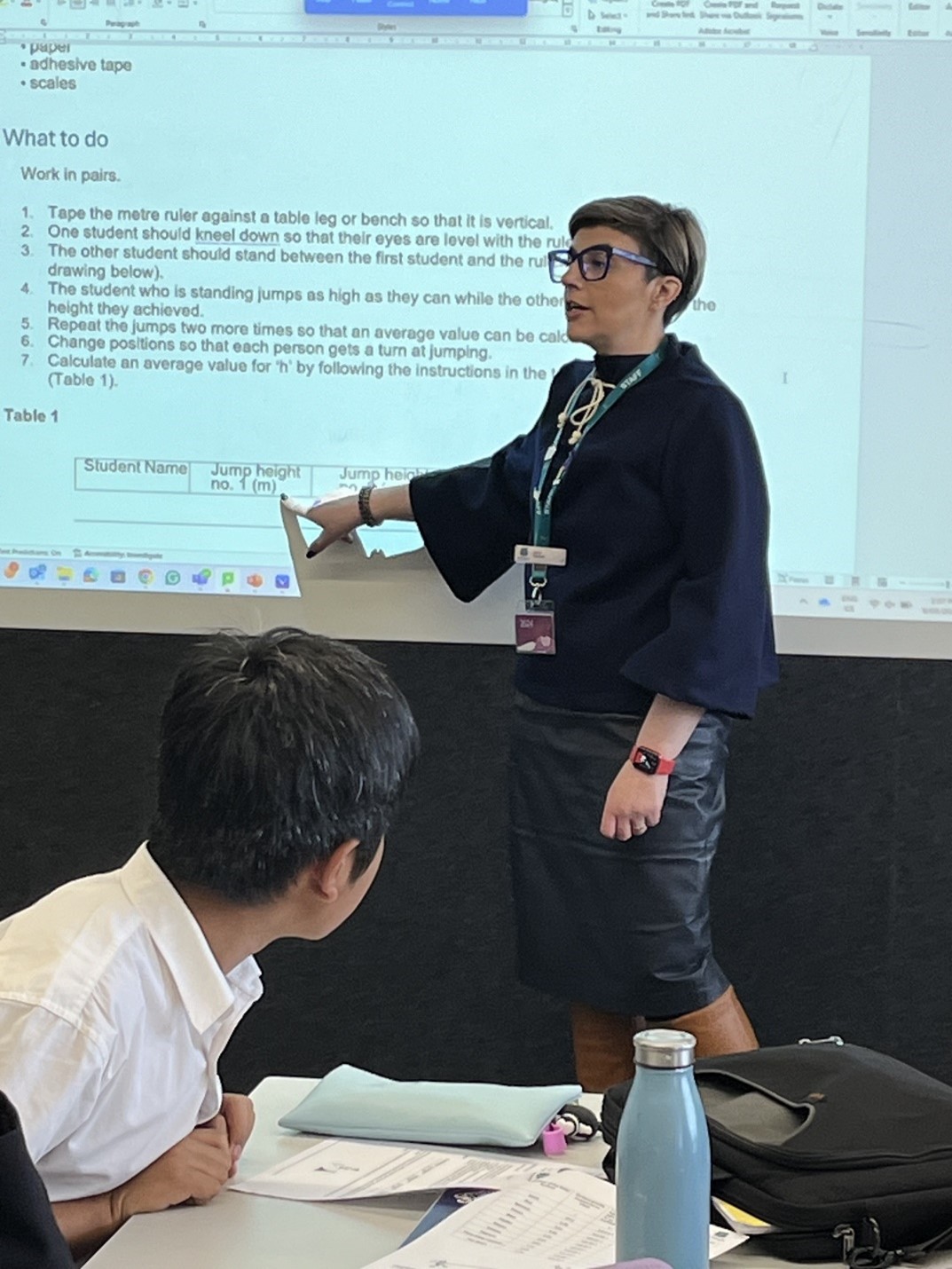
Why we should applaud science teachers
National Science Week gives us a chance to celebrate the hard work and expertise of science teachers across Australia. These teachers build knowledge, ensuring that our students understand the world around them and can think critically and creatively about it. In today's fast-paced world, a sound knowledge of scientific facts, principles and ideas is more important than ever. The teaching of facts remains a foundation for building more knowledge.
Dr Lucy Cassar, Director of Learning and Teaching at St Francis Catholic College – and AERO advisory group member – says National Science Week is an opportunity for teachers to come together and foster a collective enthusiasm for discovery and learning among our colleagues, students and the greater school community. 'It's a chance to work together, exchange ideas and ignite curiosity that will lead to a lifelong love of science.'
Initiatives to support science teachers
At the Australian Education Research Organisation (AERO), we're supporting science education with a range of resources for teachers. Our Writing in Science practice guide shows teachers how to teach students to write in science, acknowledging that precision is key in scientific writing.
Our practice guide highlights the types of language that need to be used in science writing to contribute to sentence clarity and conciseness. Additional writing modules focus on sentence-level instruction, assessment, feedback and moderation that can be used for both professional learning and classroom teaching. The big idea? To help students communicate scientific concepts clearly and effectively.
This guide forms part of AERO’s School Writing Instruction Framework to help teachers seamlessly integrate the explicit teaching of writing into their lessons. This comprehensive approach is designed to help schools implement a cohesive, school-wide strategy for teaching writing across all subjects, including science.
The School Writing Instruction Framework offers:
- a school-wide approach to teaching writing
- strategies for integrating writing instruction across all subject areas
- tools for developing students' scientific literacy and communication skills
- guidance on creating a supportive environment for writing in science classrooms.
We recognise the importance of embedding literacy skills within all subject areas, including science, and preparing students for a future where understanding and communicating scientific knowledge is important. This framework will help students communicate scientific ideas and concepts with clarity and precision.
'The School Writing Instruction Framework resources will provide science teachers with a practical tool for incorporating writing into science instruction. By utilising this framework, we can help students develop their capacity to communicate scientific ideas effectively, thereby solidifying their comprehension and enriching their overall learning experience,' said Dr Cassar.
Implementing a school-wide approach to writing instruction, particularly in science, can have significant benefits, including:
- improving student comprehension of scientific concepts
- enhancing ability to communicate complex scientific ideas
- increasing engagement with scientific material
- better preparation for future academic and professional pursuits in STEM fields.
We're thrilled to hear positive feedback from teachers, who say our guides have supported their teaching and improved students' learning about science. By providing these evidence-based guides, we're helping science teachers tackle the unique challenges of teaching science.
Sign up to the AERO mailing list for the latest project updates.
